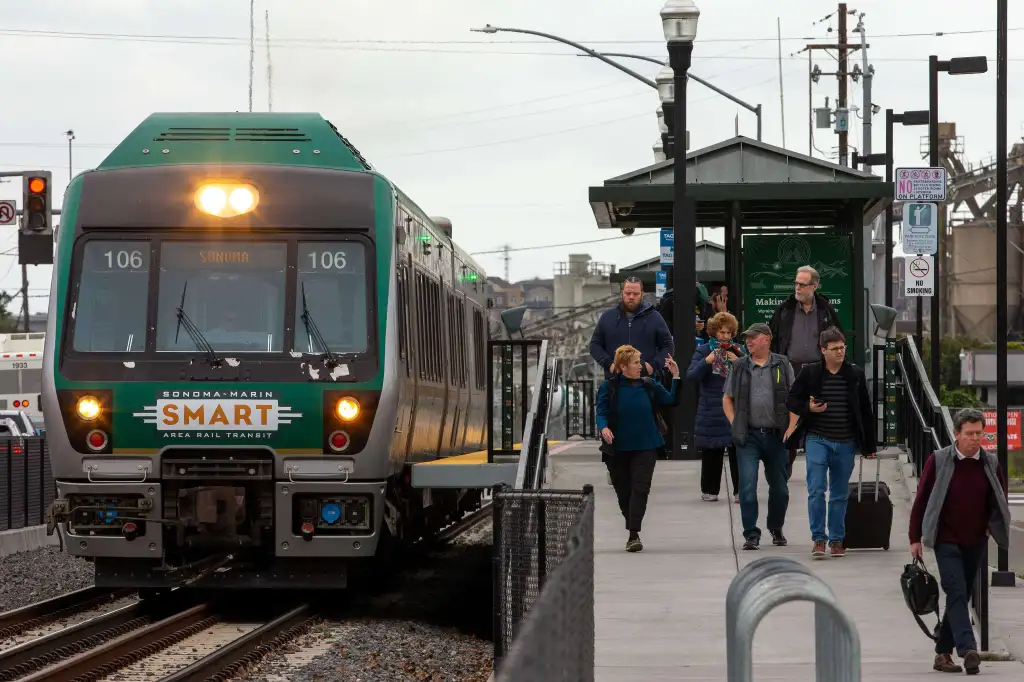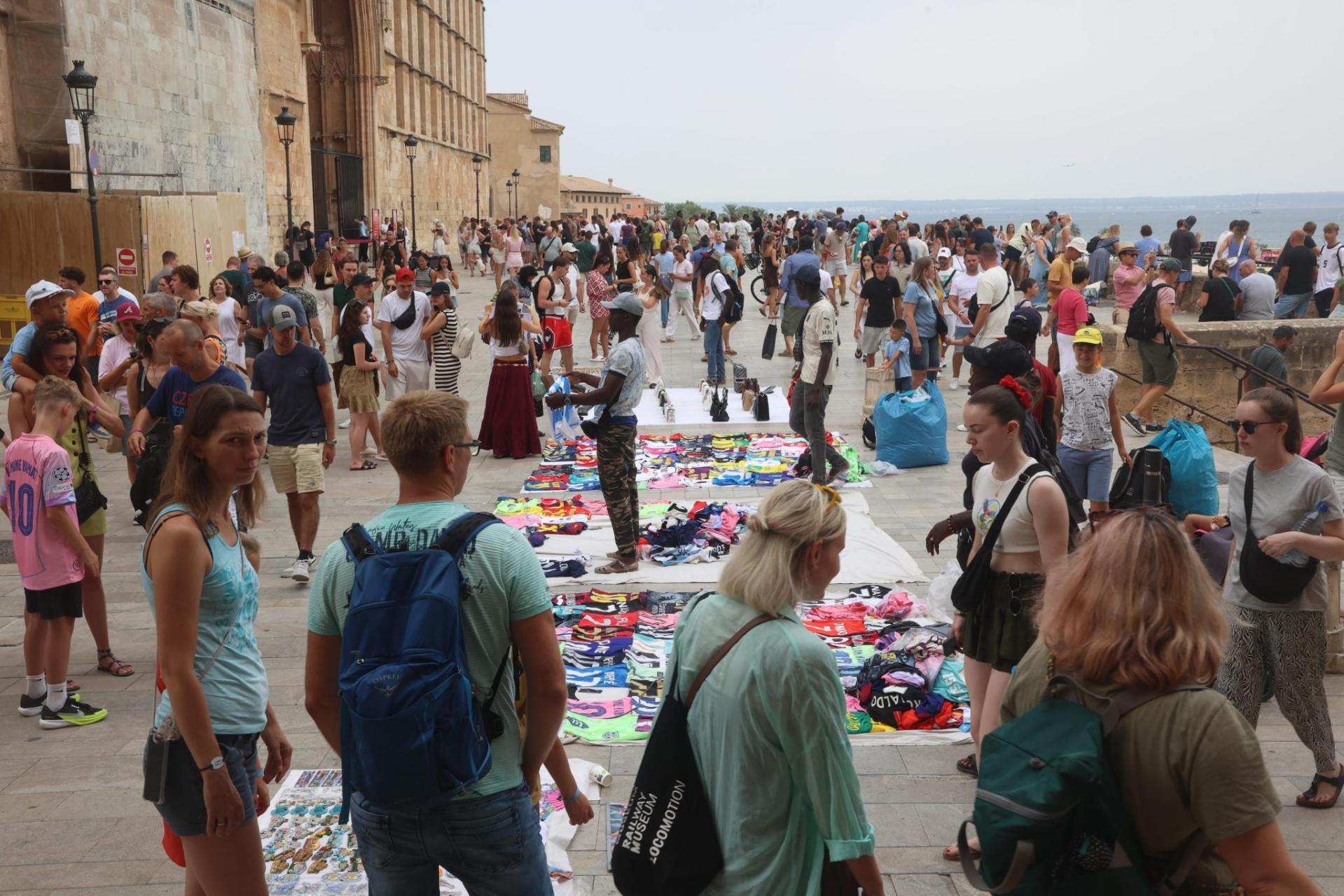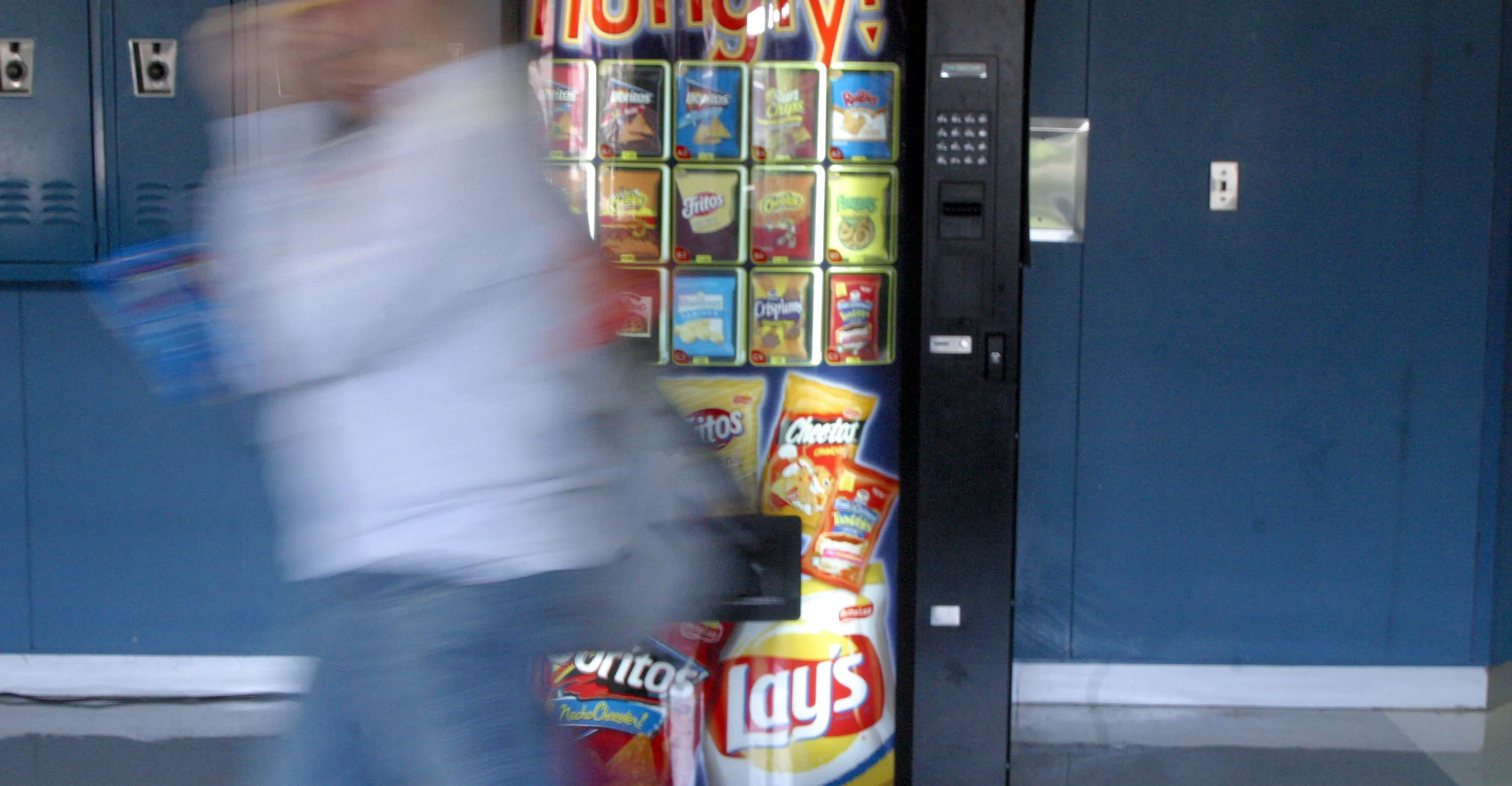
The rules of the game often are the difference between winning and losing. That’s true in electoral politics as it is in sports.
The Sonoma-Marin Area Rail Transit district will see its two-county quarter-cent sales tax, which funds much of its operation, expire in 2029. For the commuter train to continue running, North Bay voters must approve an extension of that sales tax.
Under California law there are two routes to put that question before voters. The SMART board can place a measure on the ballot. If that option is pursued, a two-thirds supermajority is required for passage.
Alternatively, a citizens committee can be formed. To qualify a ballot proposition, they must collect 48,500 valid signatures from registered voters in Sonoma and Marin counties. With a citizen’s initiative, only a simple majority is required to enact the sales tax extension.
An independent group calling itself the SMART Initiative has been formed to place a 30-year extension of the rail district’s sales tax on the June 2026 primary ballot. “The Safe, Modern, and Accessible Rail and Transit Initiative” guarantees that the quarter-cent levy will remain fixed as the tax’s cap for 30 years.
The SMART Initiative’s citizens committee is led by Suzanne Smith, a past Sonoma County Transportation Authority executive director; Joanne Webster, the president and CEO of the North Bay Leadership Council; and Michael Pickens, the district representative of Operating Engineers Union Local 3. By law, the committee has no formal ties with SMART, though the rail district certainly looks favorably on its efforts.
Webster, who is also a past president and CEO of the San Rafael Chamber of Commerce, indicates that the task of gathering signatures is already underway. Those signatures must be filed by Feb. 23. The committee plans to submit them by the end of December. SMART backers know how difficult it is to gain voter approval of ballot measures related to taxes. That’s true even when the measure is limited to continuation of an existing tax. In 2020, the commuter rail agency unsuccessfully tried with Measure I to extend the sales taxes’ duration. Opponents of Measure I received a significant amount of funding via a $2 million donation from a Sonoma real estate development group mostly motivated by other purely Sonoma issues.
While gaining a 54% majority of North Bay voters, it fell short of the necessary two-thirds. Measure I did achieve solid support from a majority of voters. The yes vote achieved 56% in Marin and 52.3% in Sonoma County. Those results are likely to represent the electoral support for SMART’s sales tax measure on the June 2026 ballot.
Even if a cash-rich opponent is absent in 2026, passage isn’t guaranteed. There’s a substantial bloc of voters who doubt the utility of the 47-mile Larkspur to Windsor train.
When SMART’s sales tax was initially authorized in 2008 by Measure Q, proponents emphasized that the goal was to create a speedy and comfortable alternative to the grind of the Sonoma-Marin auto commute. That was successful. A million passengers rode SMART in the past 12 months.
SMART backers simultaneously implied that commuter rail would reduce auto congestion on Highway 101. That never happened. The hard truth is that there is no “solution” to North Bay freeway gridlock.
Given a tax-strapped citizenry, two-thirds supermajorities are difficult to obtain regardless of the ballot proposition’s subject. Achieving passage with a simple majority is a different matter. SMART, the business and labor communities, along with public transit advocates, understand the math.
California law now allows citizens initiatives to pass with a simple majority. That’ll likely be the difference between the commuter train continuing to provide an environmentally oriented travel option or reverting to a useless weed-choked abandoned strip.
Dick Spotswood is a columnist for the Marin Independent-Journal.



